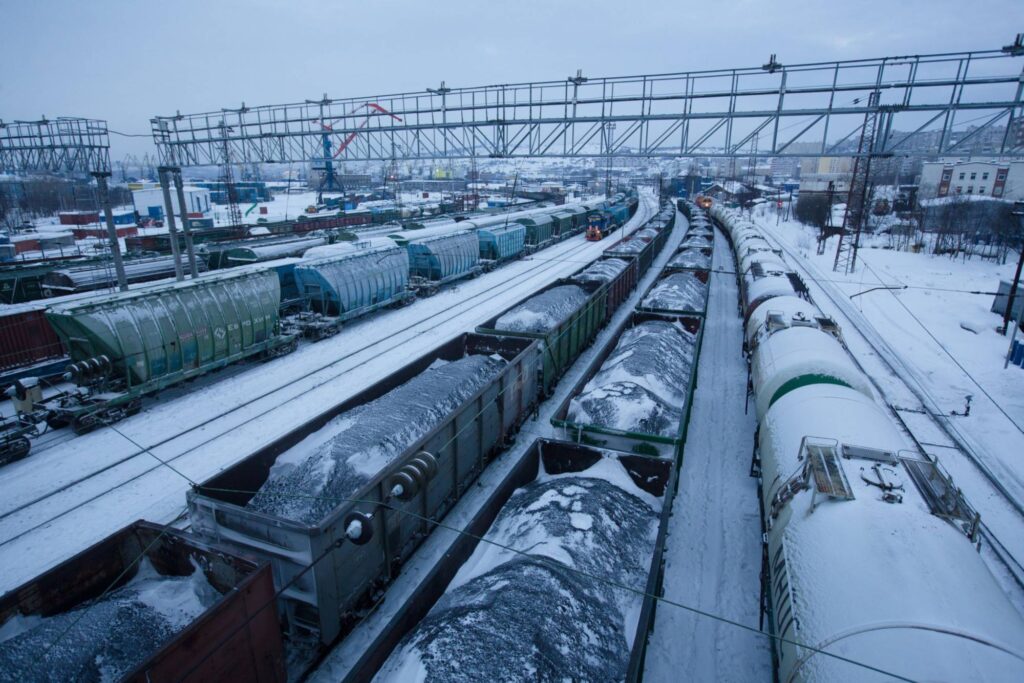Turkey has experienced a significant increase in coking coal imports in January, as evidenced by the latest data. The country’s import volumes surged by 14.7% on a month-to-month basis and soared by 102.2% compared to the same period in the previous year. This escalation reflects a total of 858,470 metric tons for January 2024. Alongside the rise in volume, there was also a noteworthy increment in value, with the imports for January amounting to $187.94 million, up by 172.8% compared to December 2023, and by a substantial 83.5% from January 2023.
The infographic provides a comprehensive breakdown of Turkey’s coking coal imports, revealing Australia as the predominant supplier with 358,720 metric tons delivered in January 2024, marking a 12.1% year-on-year growth. Following Australia is the United States, from which Turkey imported 167,507 metric tons. Colombia also contributed to the import pool with 113,068 metric tons. Notably, Russian imports witnessed an extraordinary increase, soaring by 228.0% compared to the previous year, albeit from a smaller base, totaling 19,175 metric tons.

The visualized data highlights the proportionate contributions of each country to Turkey’s imports. The majority, a staggering 56%, of the coking coal sourced by Turkey is from Australia, affirming the country’s status as the chief supplier. The USA comes in second with a 26% share, followed by Colombia at 17%, and Russia at a marginal 3%.

This information underscores Turkey’s expanding coking coal market and highlights the strategic trade relations the nation holds with key global coal exporters. The significant increase in imports could be indicative of a growing steel industry in Turkey, as coking coal is a critical component in steel production. The rise could also reflect broader economic trends, such as increasing industrial activity and energy demands.
The data provides valuable insights for stakeholders in the energy and raw materials sectors and may have implications for environmental considerations and energy policies. The trend of growing coking coal imports into Turkey is a metric that will likely be watched closely by analysts and policymakers alike, as it may impact not only Turkey’s economy but also the global coking coal market dynamics.
Source: SteelOrbis








